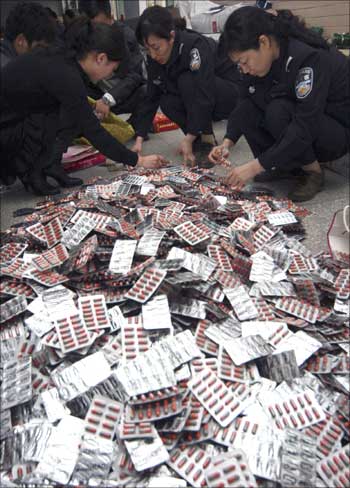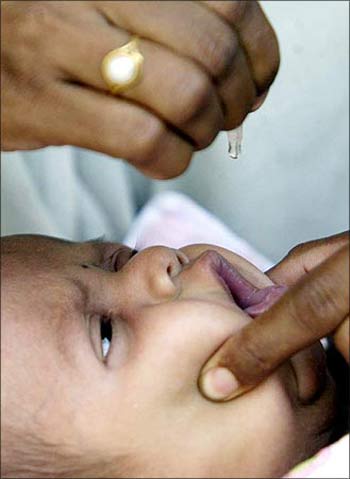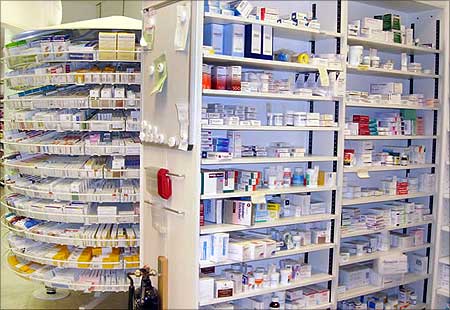
The Duke Clinical Research Institute study found that majority of the paediatric trials enrolled patients in at least one country outside the US.
While more than one-third of trials included patients in developing or transitioning countries, 11 per cent were conducted exclusively outside the US.
. . .
The Best Busines Specials

The study, published in the journal Pediatrics, raised ethical concerns such as whether the trials in those nations were being conducted in sync with the health need of the local population and whether the treatments studied would be readily available to children there after the end of the trial.
"There are potential benefits to the globalisation of paediatric research, such as reducing the cost and time line for drug development, fostering global clinical innovation, and improving access to therapies and the health of children worldwide," said Sara Pasquali, the study's lead author and assistant professor of pediatrics at Duke.
"However, globalisation also raises certain ethical and scientific concerns," she said, referring to how drug manufacturers have been taking advantage of the Congressional provision called The Pediatric Exclusivity Provision.
. . .
The Best Busines Specials

The provision provides six months of patent extension to pharmaceutical companies to conduct safety and efficacy studies of drugs in children.
But this programme has resulted in drugmakers netting an estimated $14 billion in profits, the researchers found.
"The original objective of the programme was to encourage research that enables the FDA to label drugs for appropriate use in children in the US," said Pasquali.
"Whether it's valid to extrapolate the results from trials conducted in other countries is not known.
. . .
The Best Busines Specials

"The efficacy of a medication may depend on genetic background and access to health care resources, among other factors, which may differ across countries."
The research team, which analysed 174 trials, found that about half of the studies conducted under this programme are not published, so the analysis may underestimate the globalisation of paediatric trials.
The trials included sites in 54 countries, including developing or transitioning countries in Eastern Europe, Asia, Africa, and South and Central America.
Pasquali said the drugmakers chose poor and developing countries for carrying out trials as they involve less cost and fewer regulatory requirements compared to those in the US.
. . .
The Best Busines Specials

"It's much cheaper, easier, and less time consuming to conduct research outside the US," Pasquali said.
The authors also expressed concern for how children and families in the developing world may have been induced to participate in trials.
They noted that participation in the study may be the only access a family has to medical care and compensation for trial participation can be significant.
Ensuring adequate informed consent may also be difficult in countries with widespread illiteracy, they said, suggesting that drugmakers should describe how appropriate a drug would be for the country in which it is to be tested.
The Best Busines Specials